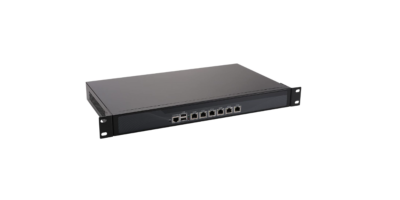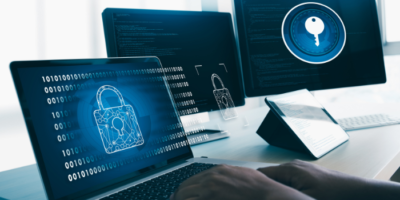Access control systems(ACS) are an essential component in ensuring the security and safety of healthcare facilities. In today’s digital age, where data privacy and cybersecurity threats are prevalent, these systems play a critical role in safeguarding sensitive patient information. With the rise of healthcare technology and increasing reliance on electronic medical records, access control has become a top priority for healthcare organizations.
Importance of Access Control Systems in Healthcare
Access control systems are technological solutions designed to regulate and monitor entry to physical spaces or digital resources. This ensures that only authorized personnel have access to sensitive areas, such as patient rooms, medical records, and medication storage areas. By limiting access, these systems prevent unauthorized individuals from obtaining or tampering with confidential information or supplies.
In healthcare facilities, these systems serve multiple purposes, including:
- Physical Security: It help prevent unauthorized access to sensitive areas such as patient rooms, medication storage, and restricted zones within the facility.
- Data Protection: They play a vital role in safeguarding electronic health records (EHRs), ensuring that only authorized personnel can access patient information.
- Asset Protection: Access control systems help secure valuable medical equipment, pharmaceuticals, and other assets against theft or misuse.
- Compliance: Healthcare facilities must adhere to strict regulatory requirements such as the Health Insurance Portability and Accountability Act (HIPAA). It assist in maintaining compliance by restricting access to protected health information (PHI) and ensuring data integrity.
The Components of ACS
In healthcare, access control systems involve a combination of technology, processes, and policies to regulate and monitor access to sensitive areas. These include:
- Identification: Identification is the first step in granting access. This can involve physical credentials such as ID badges or biometric identifiers such as fingerprints.
- Authentication: After identification, users must authenticate themselves by entering a personal identification number (PIN) or using biometric authentication methods.
- Authorization: Once a user is identified and authenticated, the access control system determines their level of access based on job roles and permissions.
- Audit trail: Modern systems come equipped with audit trail capabilities that allow for tracking and recording of all entry and exit events in real-time.
Benefits of Access Control Systems in Healthcare
Implementing access control systems in healthcare facilities offers various benefits, including:
1. Enhanced Security
With restricted access to sensitive areas, ACS significantly reduce the risk of data breaches and physical security threats.
2. Improved Efficiency
By automating the access process, these systems eliminate manual tasks such as physical key management, saving time and resources for healthcare staff.
3. Increased Compliance
It assist in maintaining compliance with regulations such as HIPAA by restricting unauthorized access to PHI and ensuring data integrity.
4. Cost Savings
The implementation of control systems can lead to cost savings by reducing the risk of theft, data breaches, and unauthorized access.
5. Remote Access
Modern control systems allow for remote monitoring and access control, enabling healthcare organizations to manage security from any location.
Conclusion
In conclusion, access control systems play a crucial role in fortifying healthcare security by regulating and monitoring entry to sensitive areas. With the increasing reliance on technology in healthcare, these systems are necessary to protect patient information and assets from security threats. By implementing control systems, healthcare facilities can improve efficiency, remain compliant with regulations, and safeguard their patients’ privacy. So, it is essential for all healthcare organizations to prioritize the implementation of control systems in their facilities to ensure a secure and safe environment for both patients and staff.
At MedicalITG, we offer comprehensive cybersecurity services, security risk assessment solution and healthcare IT services to help healthcare organizations strengthen their security measures. Contact us today for more information. Call us on (877) 220-8774 or email at info@medicalitg.com.










